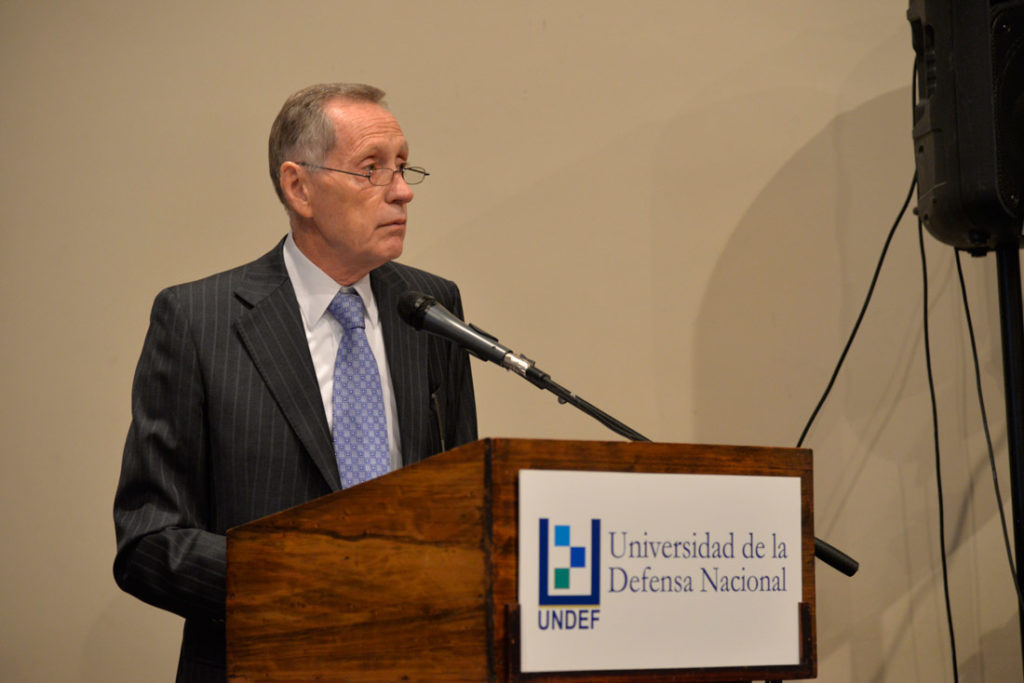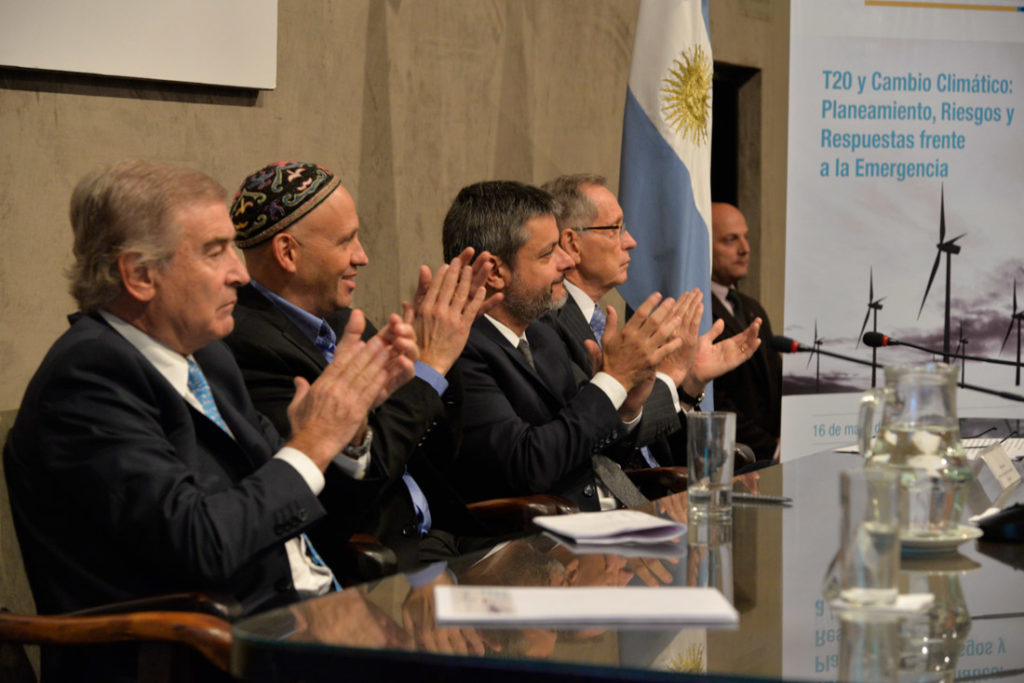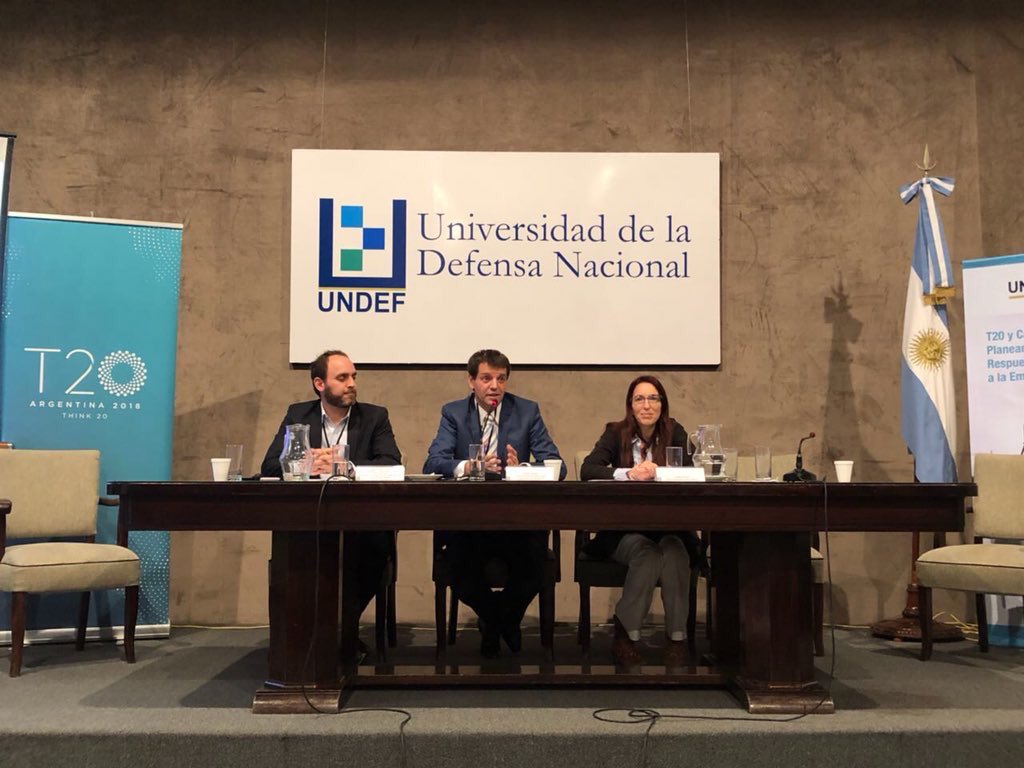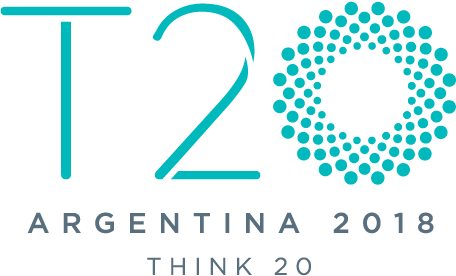The Deputy Executive Secretary of UN Climate Change participated in the event along with Argentine ministers, experts and national and international researchers
On May 16, Buenos Aires was the location of the T20 and climate change: Planning, risks and response facing the emergency seminar, a Think 20 (T20) associated event jointly organized by the Argentine Council for International Relations (CARI), CIPPEC, the University of National Defense (UNDEF) and the United Nations Development Programme (UNDP).

The welcoming remarks were given by Adalberto Rodríguez Giavarini, president of CARI, who underlined that “the T20 Argentina expresses its thanks for the political support received in the G20 process, that challenges us to continue with the national and international political tradition to make our contribution towards the good of humanity.”
During the opening of the event there were also other participants like Gonzalo Álvarez, president of UNDEF, Sergio Bergman, minister of the Environment and Sustainable Development, Oscar Aguad, minister of Defense, and Agustín Campero, secretary of Technological and Scientific Coordination in the Ministry of Science, Technology and Productive Innovation.
“The T20 seeks to ensure that strategic thinking and academic capabilities mark the way in front of the leaders so that the political leadership ratify state policies,” said the minister for the Environment, who added that “climate change is on this agenda, in the Argentine presidency under the concept of climate sustainability, which is also part of the 2030 Agenda set by the United Nations.”

The keynote speech was given by Ovais Sarmad, Deputy Executive Secretary of UN Climate Change, who highlighted the need for a response to the challenges facing the world, and he referred to the importance of implementing the Paris Agreement.
“We do not have a Plan B, a spare Planet Earth or time to spare to respond to the challenges. The necessary actions are urgent,” he said.
The UN expert added: “I am an optimist because beyond everything, there is more social conscience on the topic. The media communicates these topics in a more effective way and with a greater reach than before and I think it will reach a consensus. In contrast to what was happening a few years ago there is now a social change, people have realized that they need to change their habits, everything from recycling to using clean technology.”
In addition, during the workshop there were debates on public policies for climate change, the role of local governments in the face of this challenge, studies of international experiences on this area, and planning to assist in the emergency in the face of climate change challenges.

The panels were made up of Argentine and foreign experts from the public and international sectors, national and local areas, think tank experts and academics. They included María Eugenia Di Paola, coordinator of the Program of Environment and Sustainable Development at the United Nations Program for Development ; Carlos Gentile, secretary of Climate Change and Sustainable Development at the Ministry of Environment and Sustainable Development; Patricia Romero Lankao a representative from the UCAR – University Corporation for Atmospheric Research; Mariano Gendra and Gabriel Lanfranchi, co-chairs of the Climate Change and Infrastructure for development Task Force, Youba Sokona, vice president of the Intergovernmental Panel on Climate Change and Diego Tipping, president of Red Cross Argentina.
See the entire program here.
